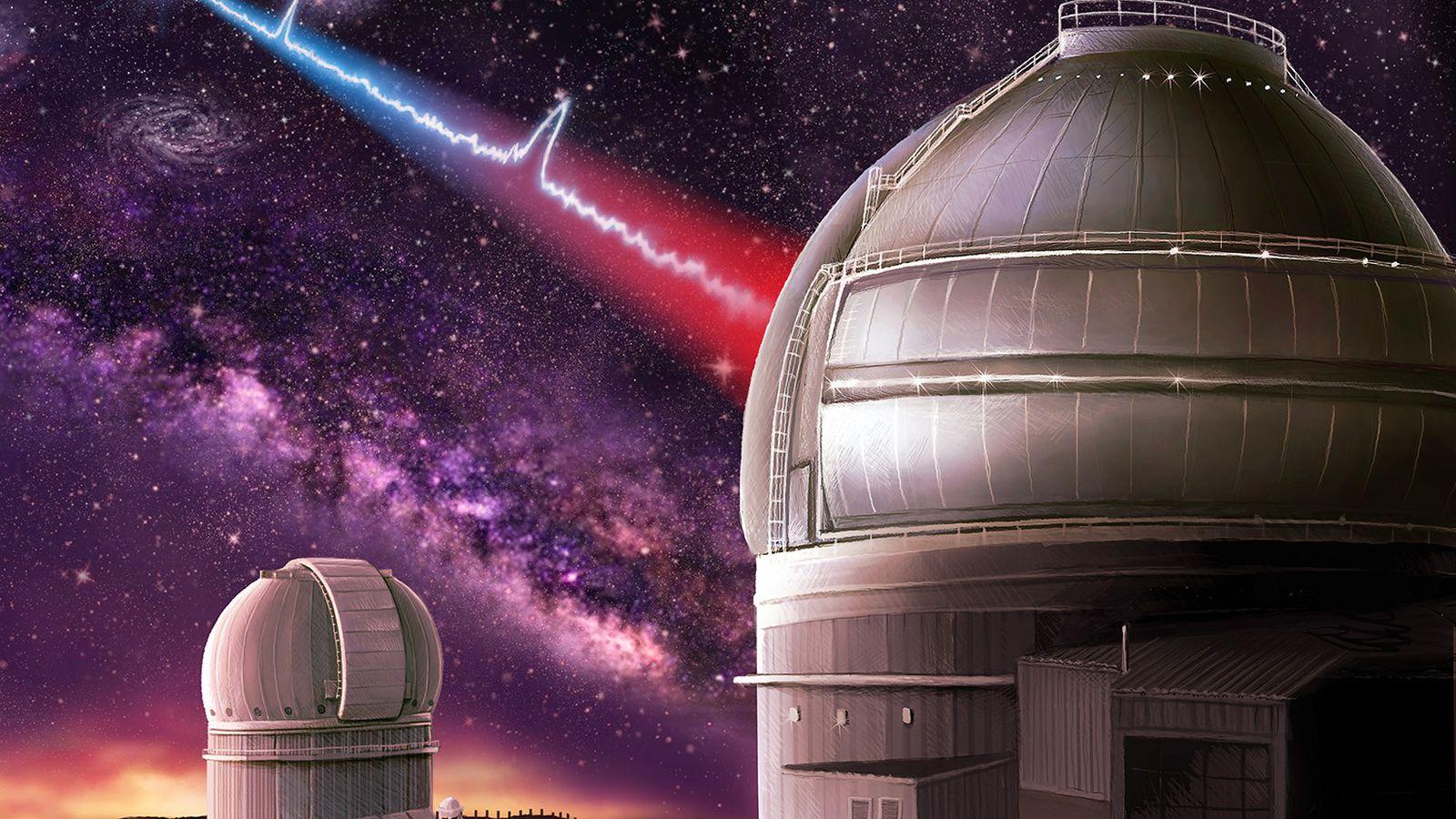
Declaration of Principles Concerning the Conduct of the Search for Extraterrestrial Intelligence
Preamble
The parties to this declaration are individuals and institutions participating in the scientific Search for Extraterrestrial Intelligence (SETI).
The purpose of this document is to declare our commitment to conduct this search in a scientifically valid and transparent manner and to establish uniform procedures for the announcement of a confirmed SETI detection.
This commitment is made in recognition of the profound scientific, social, ethical, legal, philosophical and other implications of a SETI detection. As this enterprise enjoys wide public interest, but engenders uncertainty about how information collected during the search will be handled, the signatories have voluntarily constructed this declaration. It, together with a current list of signatory parties, will be placed on file with the International Academy of Astronautics (IAA).
Principles
1. Searching: SETI experiments will be conducted transparently, and its practitioners will be free to present reports on activities and results in public and professional fora. They will also be responsive to news organizations and other public communications media about their work.
2. Handling candidate evidence: In the event of a suspected detection of extraterrestrial intelligence, the discoverer will make all efforts to verify the detection, using the resources available to the discoverer and with the collaboration of other investigators, whether or not signatories to this Declaration. Such efforts will include, but not be limited to, observations at more than one facility and/or by more than one organization. There is no obligation to disclose verification efforts while they are underway, and there should be no premature disclosures pending verification. Inquiries from the media and news organizations should be responded to promptly and honestly.
Information about candidate signals or other detections should be treated in the same way that any scientist would treat provisional laboratory results. The Rio Scale, or its equivalent, should be used as a guide to the import and significance of candidate discoveries for the benefit of non-specialist audiences.
3. Confirmed detections: If the verification process confirms – by the consensus of the other investigators involved and to a degree of certainty judged by the discoverers to be credible – that a signal or other evidence is due to extraterrestrial intelligence, the discoverer shall report this conclusion in a full and complete open manner to the public, the scientific community, and the Secretary General of the United Nations. The confirmation report will include the basic data, the process and results of the verification efforts, any conclusions and intepretations, and any detected information content of the signal itself. A formal report will also be made to the International Astronomical Union (IAU).
4. All data necessary for the confirmation of the detection should be made available to the international scientific community through publications, meetings, conferences, and other appropriate means.
5. The discovery should be monitored. Any data bearing on the evidence of extraterrestrial intelligence should be recorded and stored permanently to the greatest extent feasible and practicable, in a form that will make it available to observers and to the scientific community for further analysis and interpretation.
6. If the evidence of detection is in the form of electromagnetic signals, observers should seek international agreement to protect the appropriate frequencies by exercising the extraordinary procedures established within the World Administrative Radio Council of the International Telecommunication Union.
7. Post Detection: A Post-Detection Task Group under the auspices of the IAA SETI Permanent Study Group has been established to assist in matters that may arise in the event of a confirmed signal, and to support the scientific and public analysis by offering guidance, interpretation, and discussion of the wider implications of the detection.
8. Response to signals: In the case of the confirmed detection of a signal, signatories to this declaration will not respond without first seeking guidance and consent of a broadly representative international body, such as the United Nations.
Unanimously adopted by the SETI Permanent Study Group of the International Academy of Astronautics, at its annual meeting in Prague, Czech Republic, on 30 September 2010.
These revised and streamlined Protocols are intended to replace the previous document adopted by the International Academy of Astronautics in 1989.





